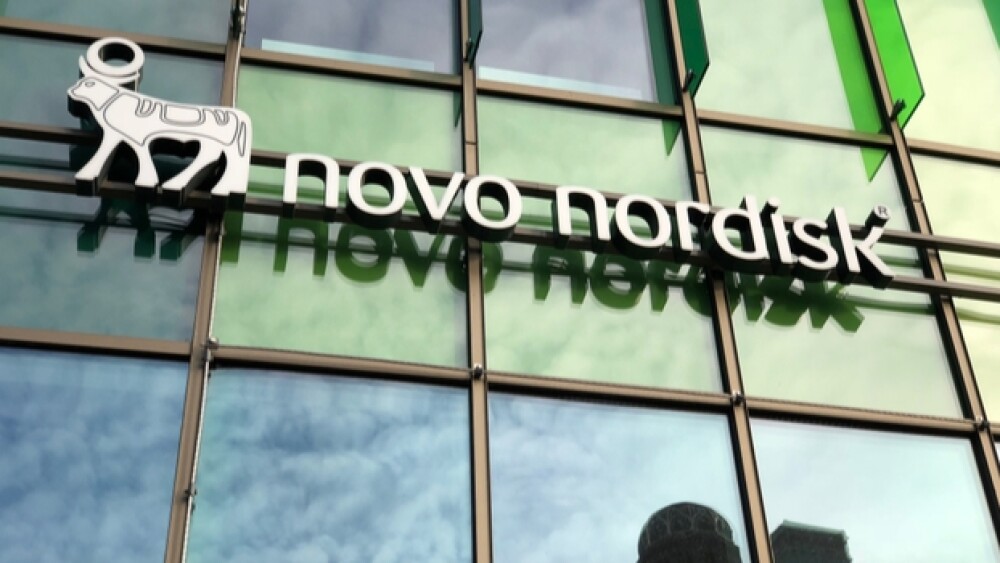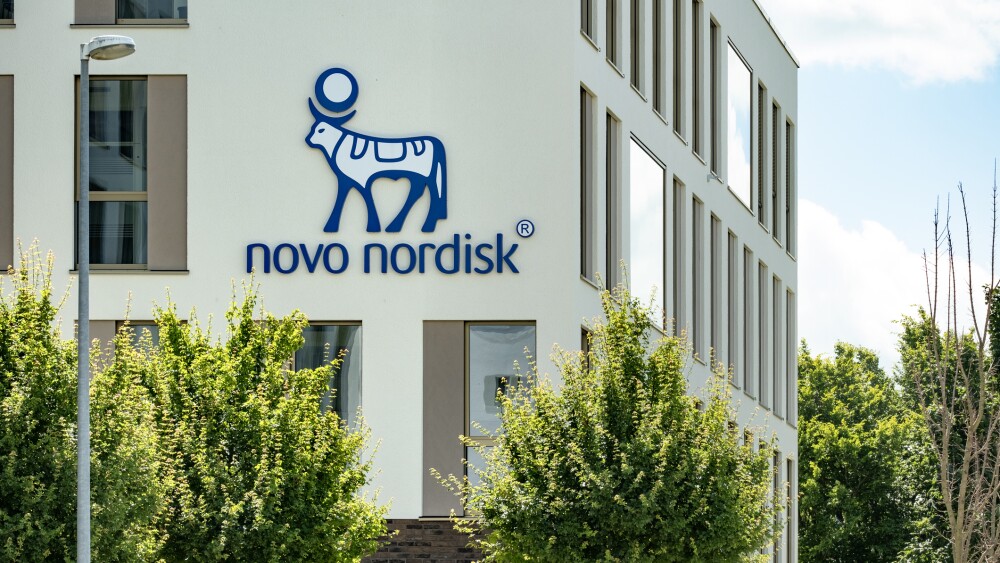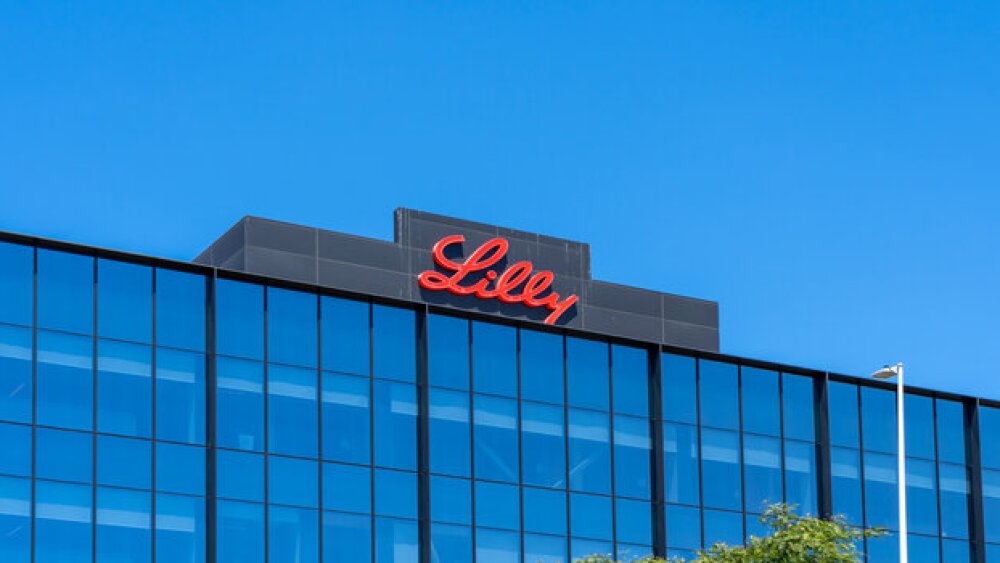Novo Nordisk announced today that it has ended its development of the anti-IL-21 antibody NN9828 in combination with Victoza. The decision was made after analyzing Phase II clinical trial data in patients with Type 1 diabetes.
joreks/Shutterstock
Novo Nordisk announced today that it has ended its development of the anti-IL-21 antibody NN9828 in combination with Victoza. The decision was made after analyzing Phase II clinical trial data in patients with Type 1 diabetes.
The trial was designed to show whether NN9828, given with and without Victoza, could preserve levels of insulin secretion marker stimulated C-peptide over the course of a year. The company said that it completed the study “successfully” but held off on sharing further details.
Back in 2012 and 2013, Novo Nordisk conducted Phase I and Phase II clinical trials of the product in patients with Crohn’s disease, systemic lupus erythematosus and rheumatoid arthritis. However, it has since stopped exploring the potential use of NN9828 for other indications.
Since the beginning of the COVID-19 pandemic, the company has been focused on keeping its insulin supply secure for patients. Back in March, Novo Nordisk issued a statement, indicating that it has made “significant investments” in building its workforce and developing infrastructure in the U.S. to provide continuous access to insulin.
“Our insulin sold in the United States is manufactured in Denmark and finished and packaged at our manufacturing plant in North Carolina,” the company said in a statement. “We currently maintain about a two-month supply of insulin at our warehouses across the country, ensuring that the risk to your insulin supply is low.”
The company extended its efforts in April by announcing a program that would provide free 90-day insulin supplies to people experiencing financial hardships due to the pandemic. At the time, patients were not required to provide documented proof of income. Instead, they simply had to provide documentation showing loss of healthcare benefits, such as job termination or job status change.
“The pandemic is taking a serious toll on the nation’s health and economy,” said Doug Langa, Executive Vice President, North America Operations and President of Novo Nordisk Inc. “Millions of people are losing jobs and health coverage, and that’s especially tragic if you have a chronic disease like diabetes. We already have a lot of programs to help people afford insulin but the impact of COVID-19 goes beyond that. We know people need more help right now and we want to do something that could make an immediate difference. We also want to dial-up our efforts to make people aware of the help that is available. Patients have enough issues to worry about at this moment. We don’t want being able to pay for their insulin to be one of them.”
Novo Nordisk also announced that it would be continuing to offer a diverse collection of affordability options to help those with or without insurance, including its Patient Assistance Program, which has provided free medicine to individuals since 2003.
“Removing barriers is so important right now,” said Kelly Close, President and Founder, Close Concerns, and Founder and Chair of the Board of The diaTribe Foundation. “The U.S. healthcare system has been long overdue for intervention and this crisis brings things so clearly into focus. Navigating our healthcare system is hard enough as it is for people with diabetes, in addition to living in this pandemic and managing a serious chronic disease. What Novo Nordisk is doing is absolutely critical and The diaTribe Foundation applauds this series of moves to help people with diabetes do as well as possible.”





